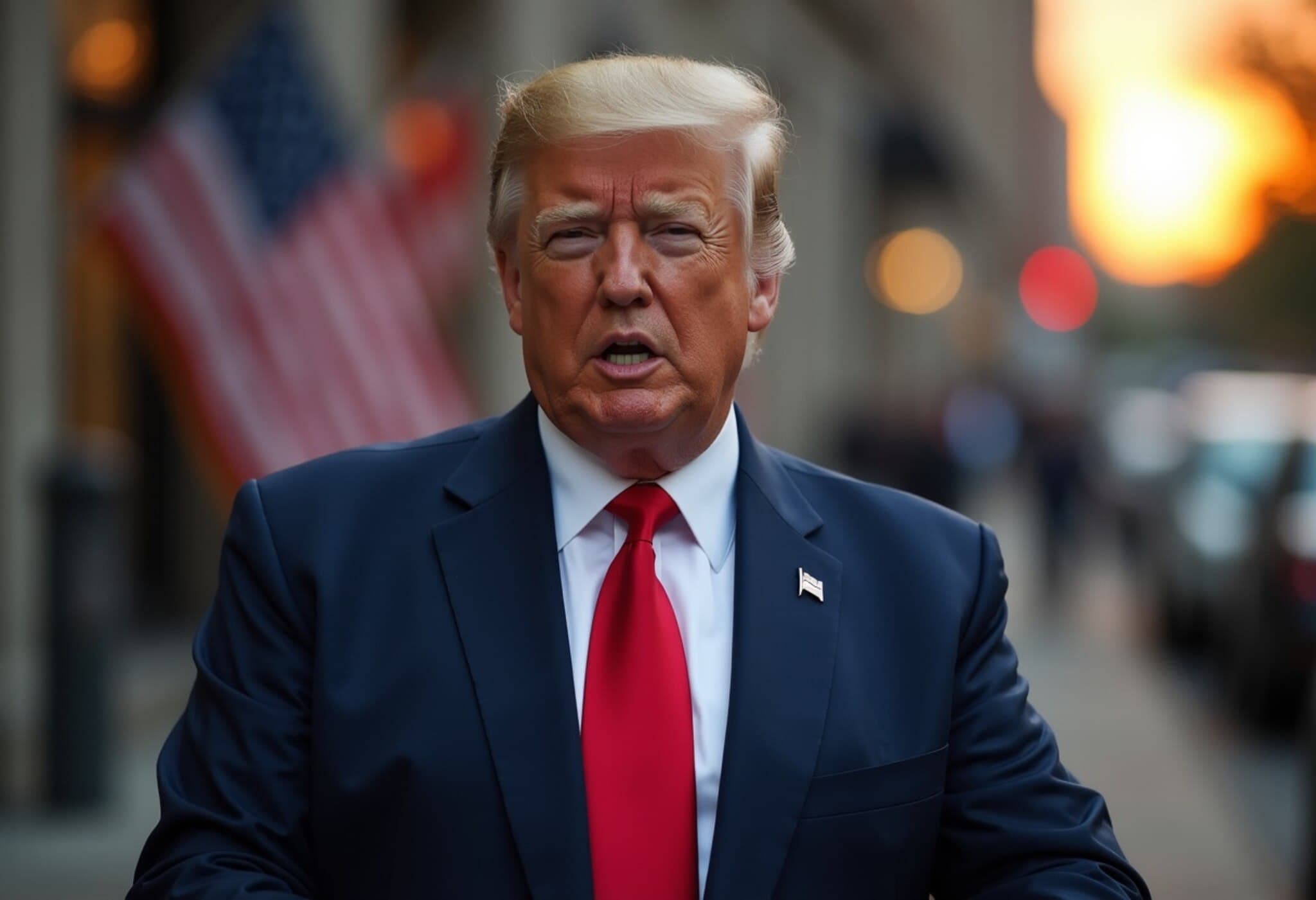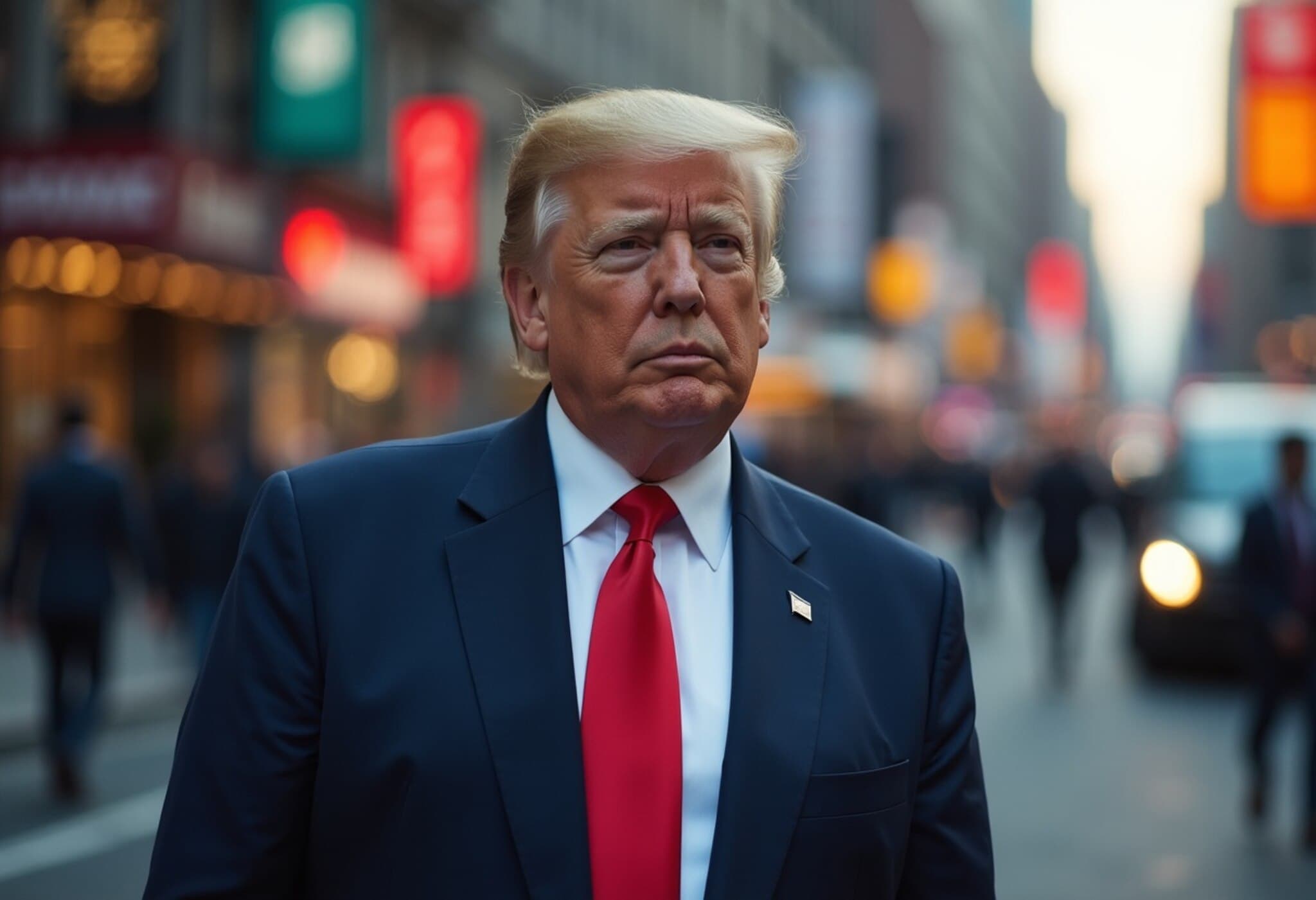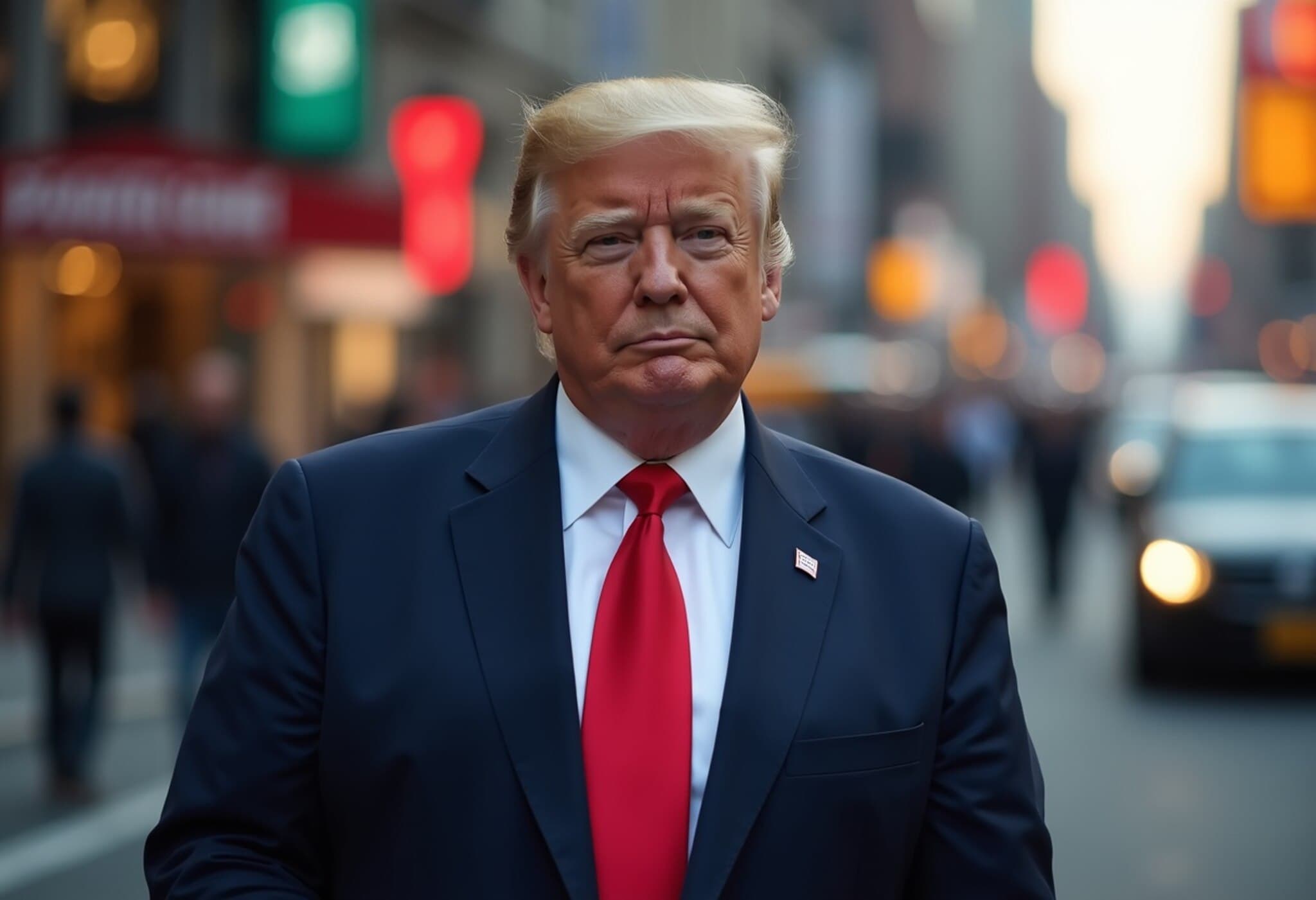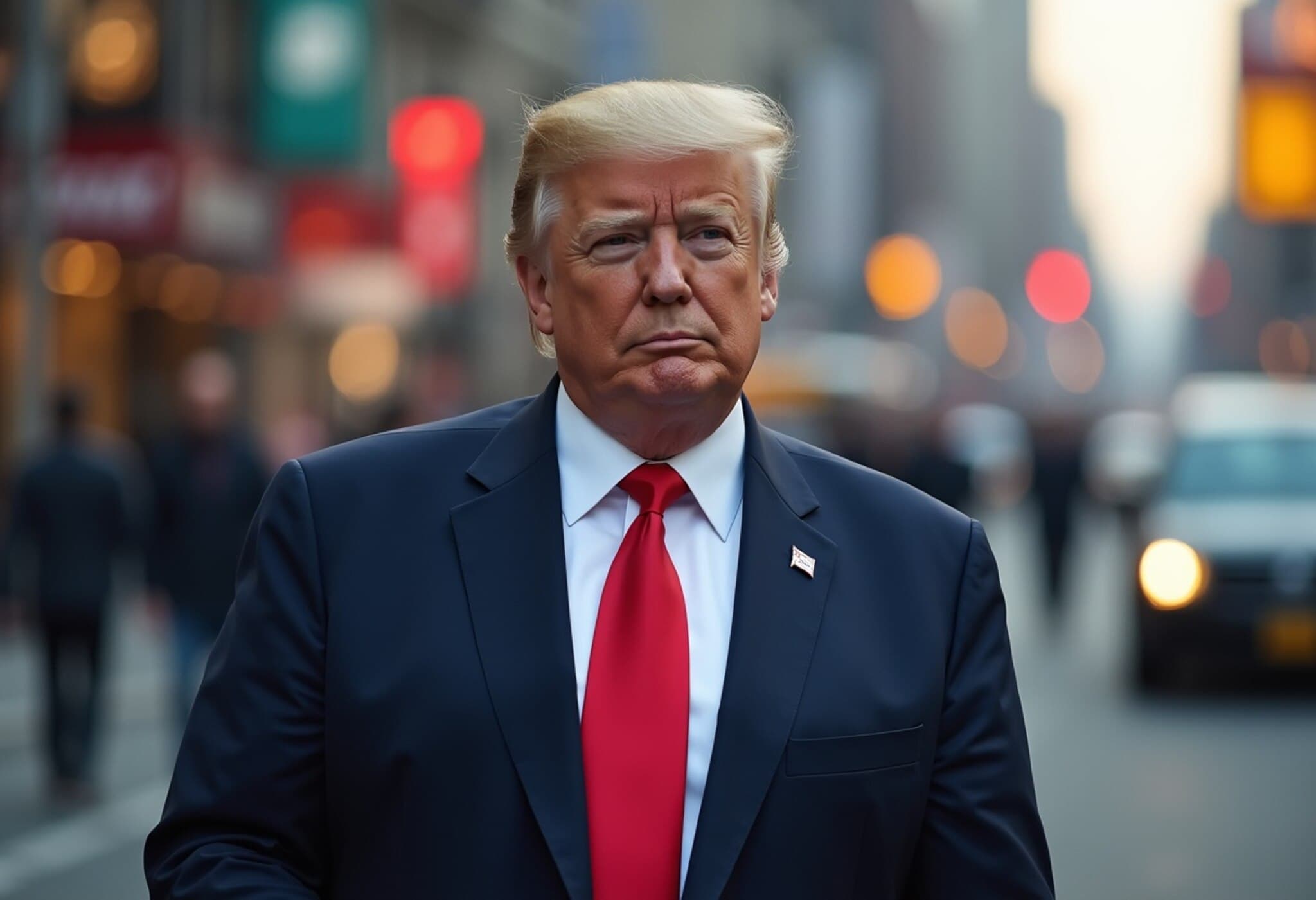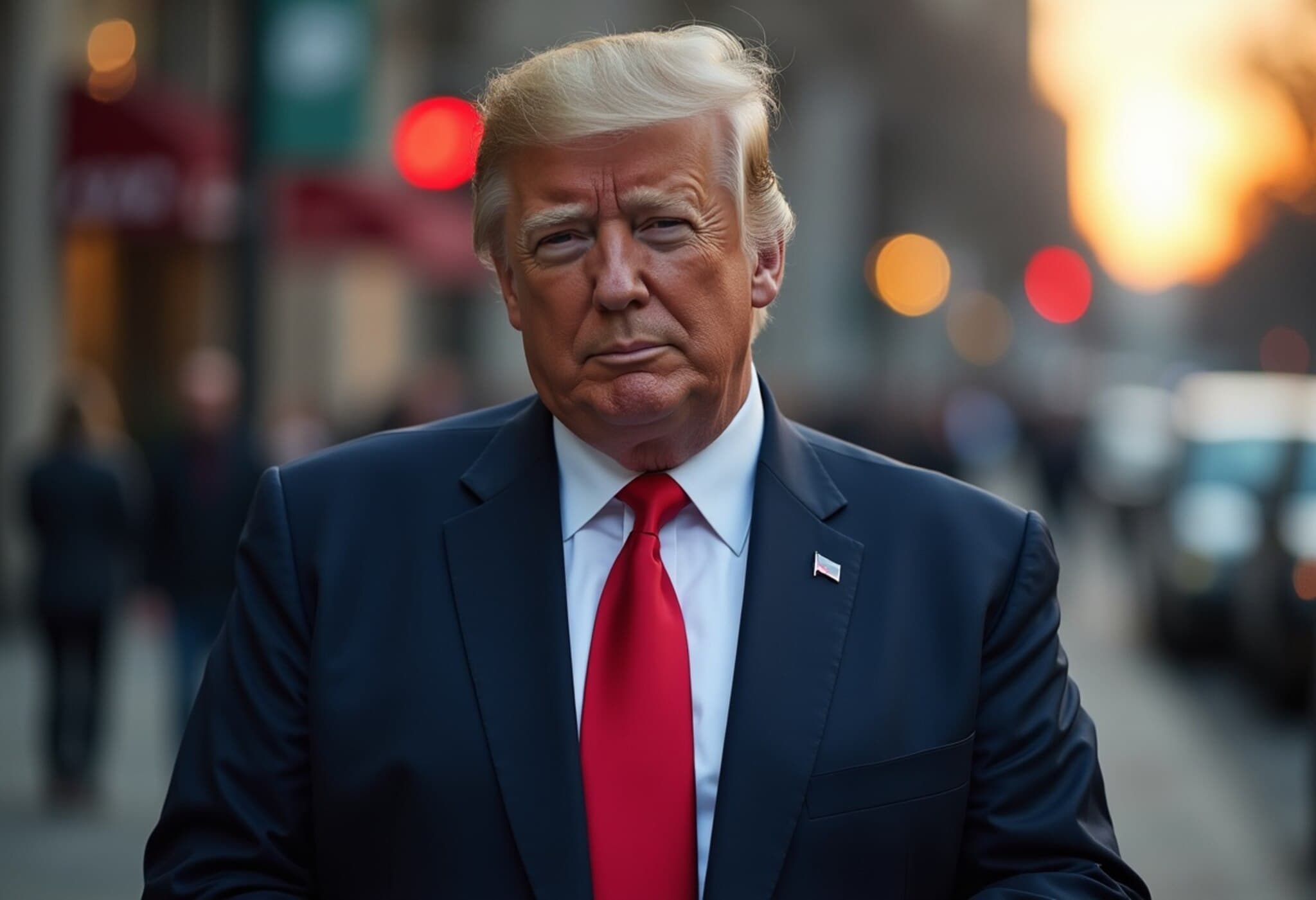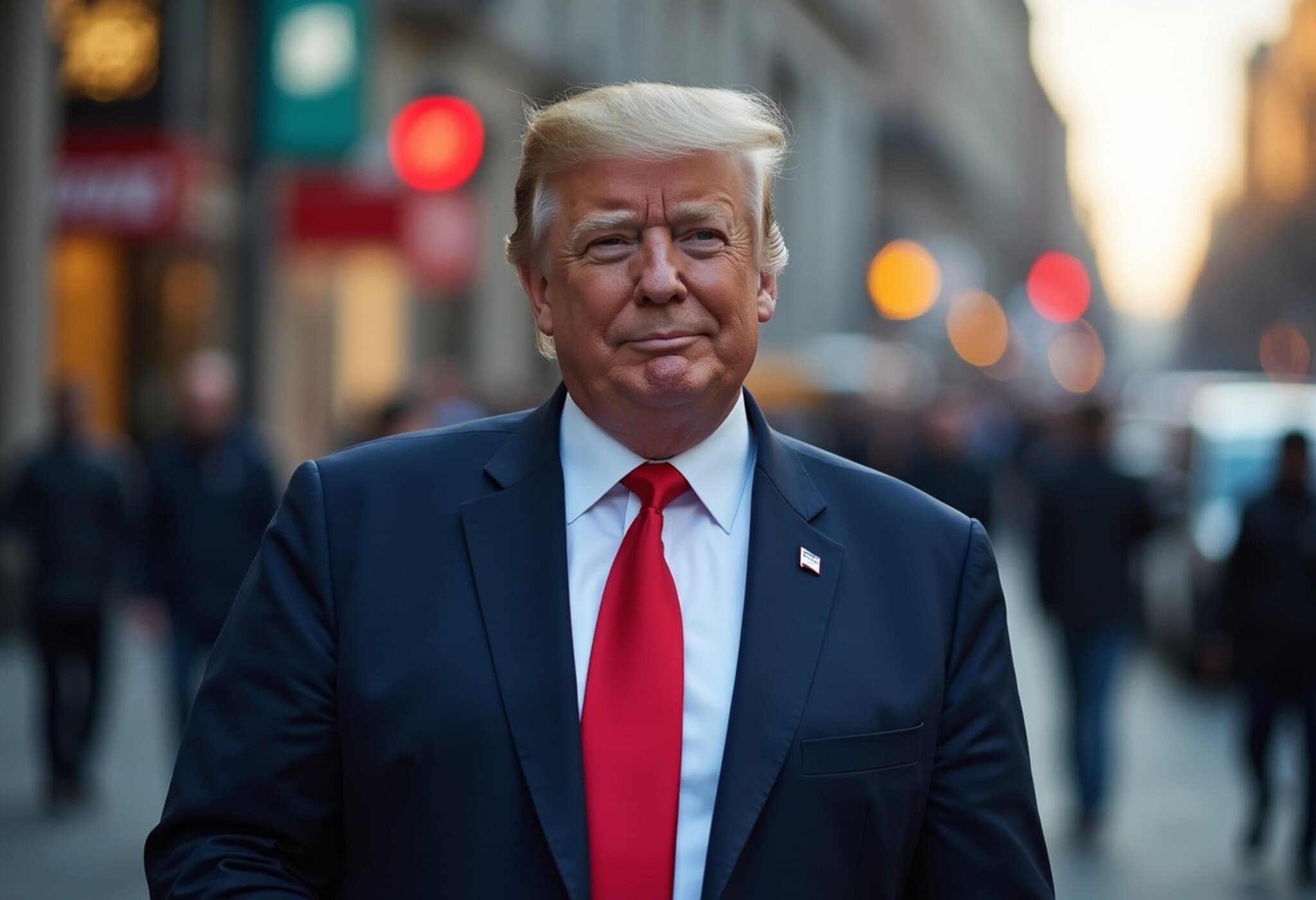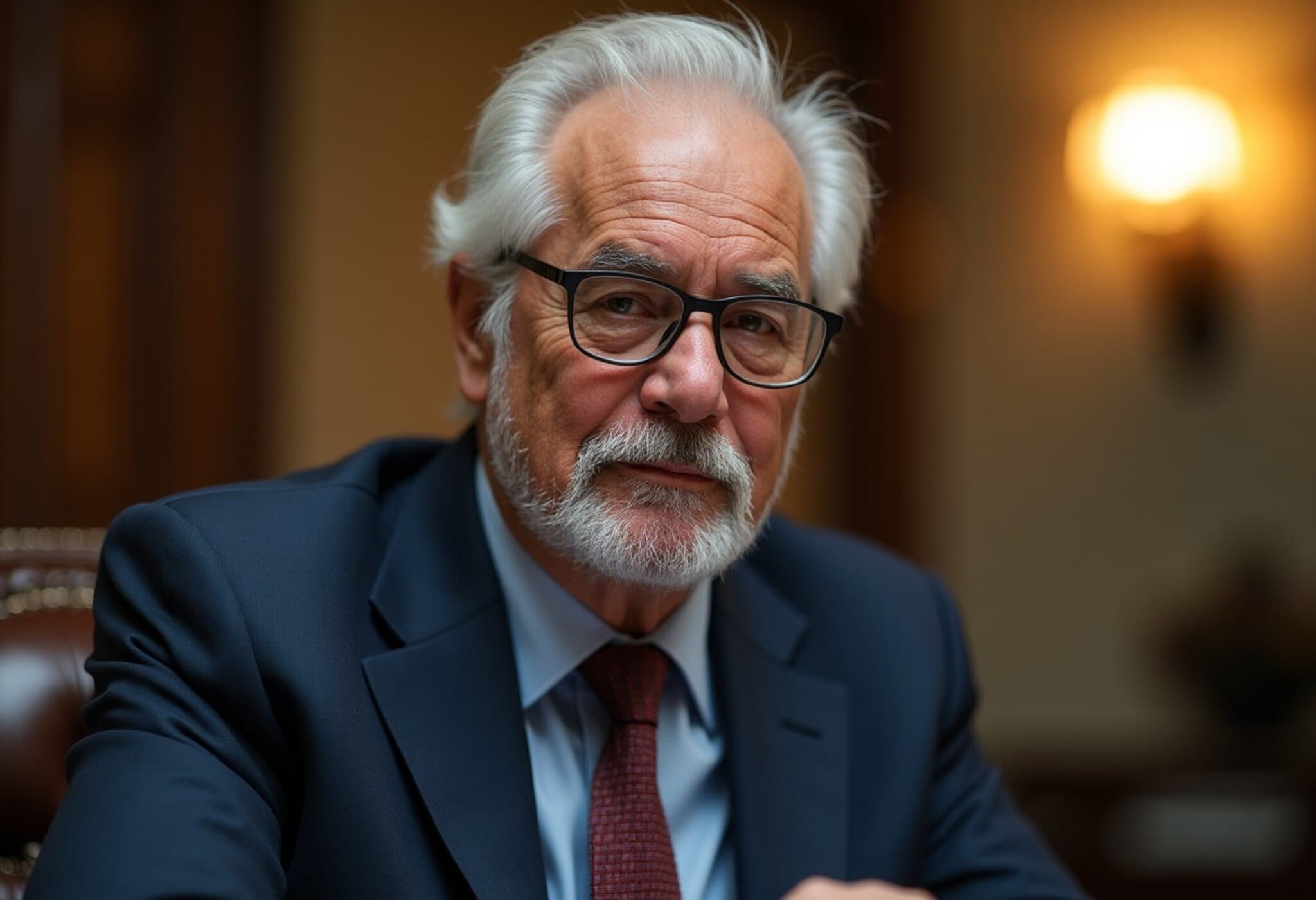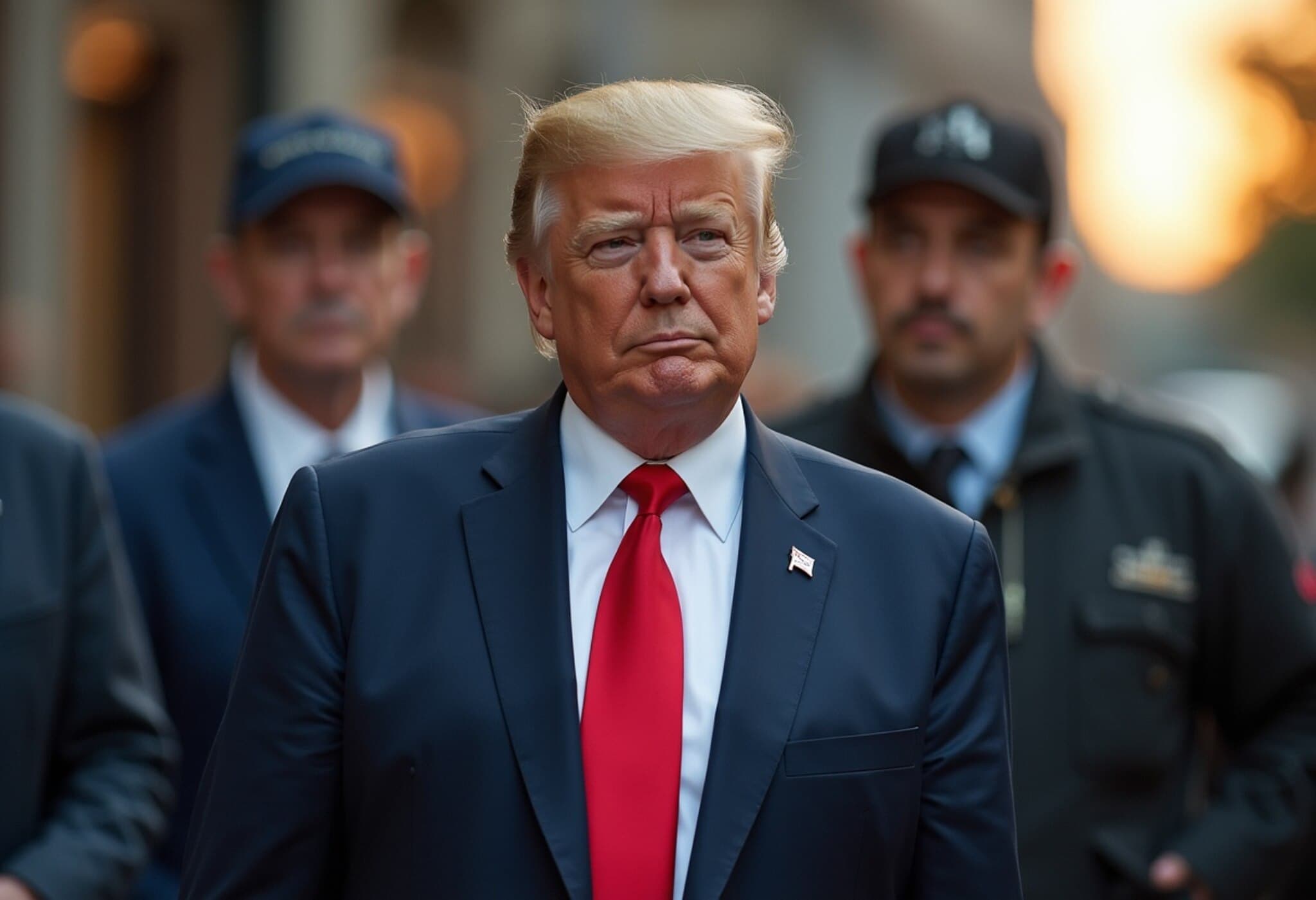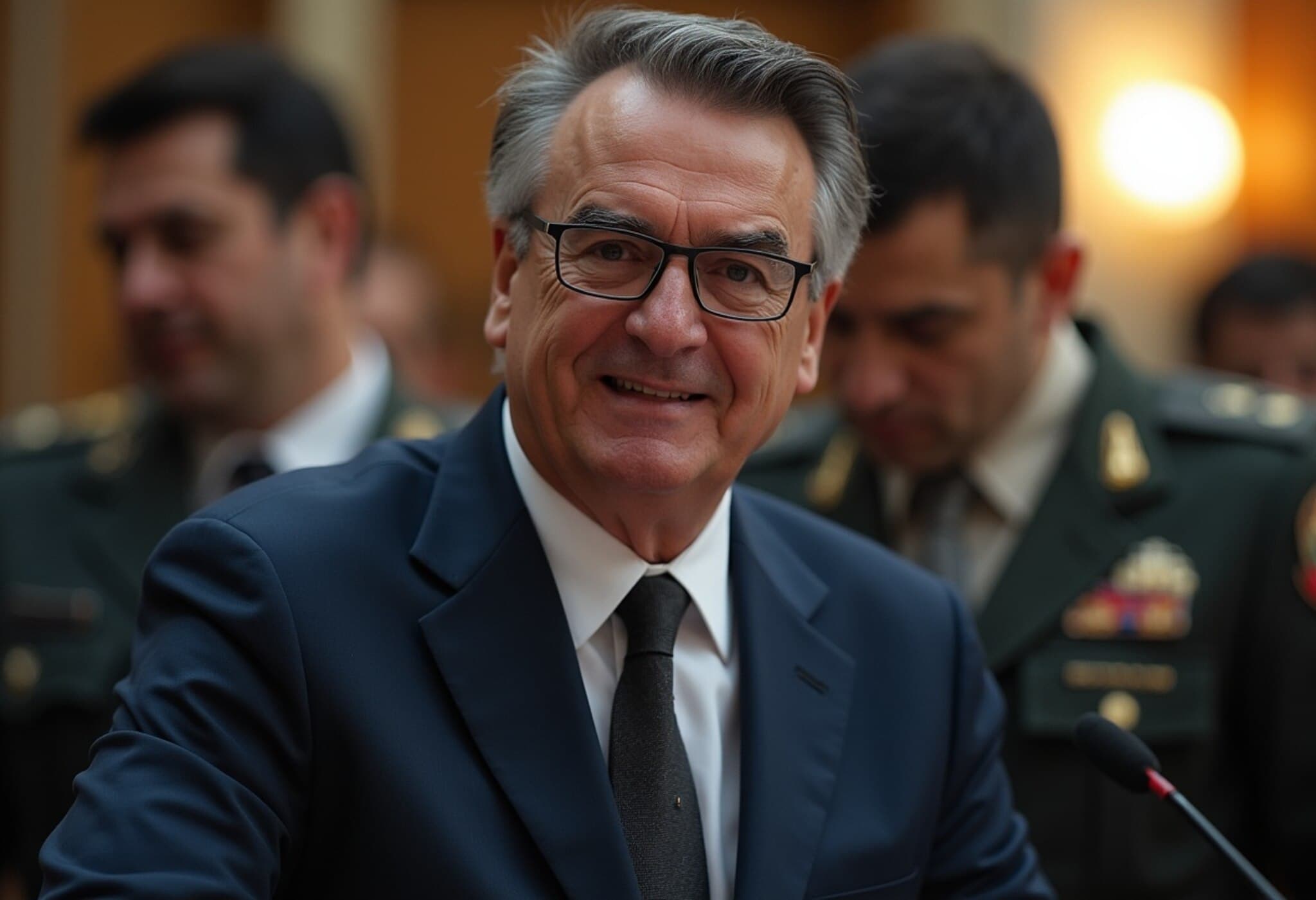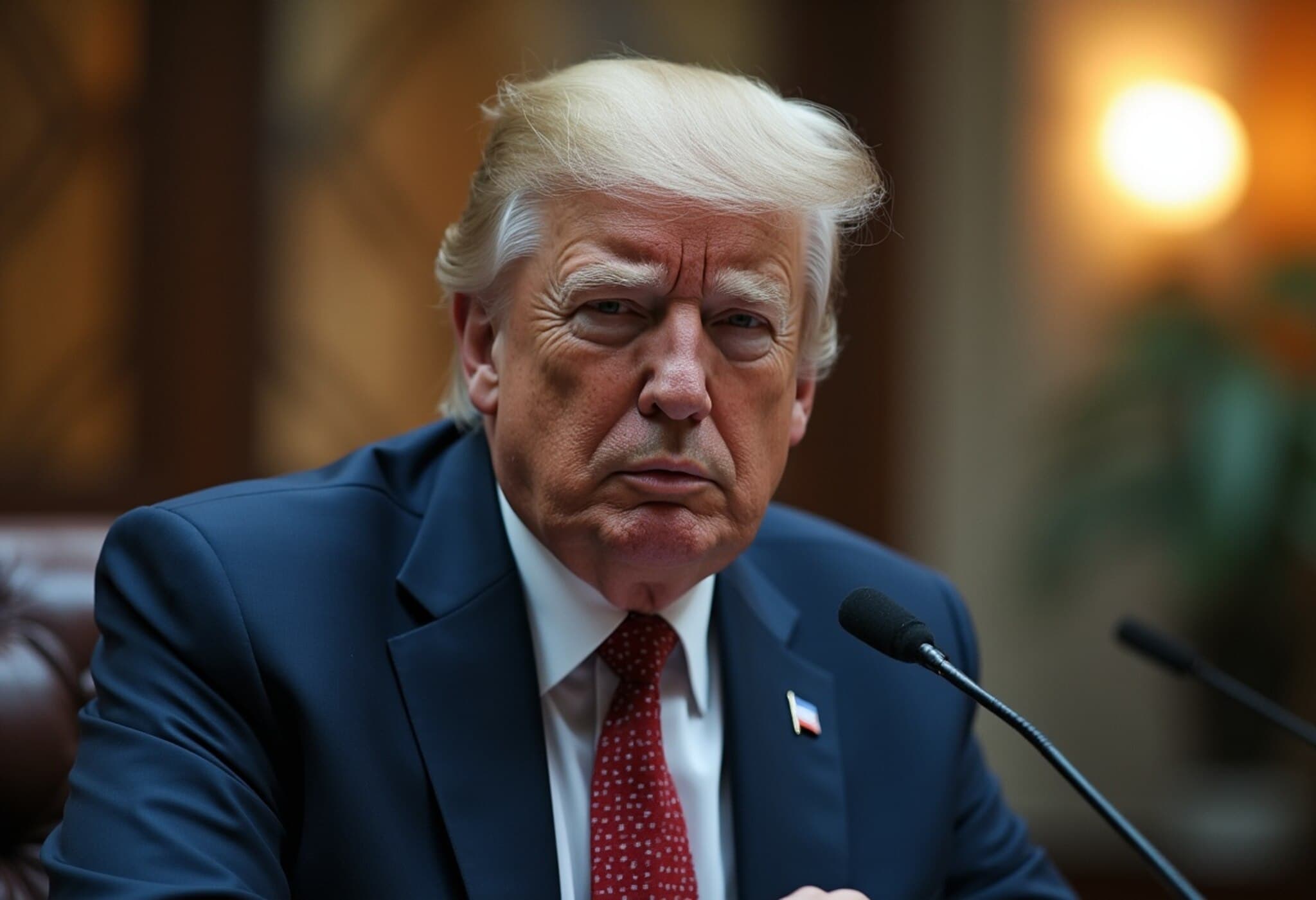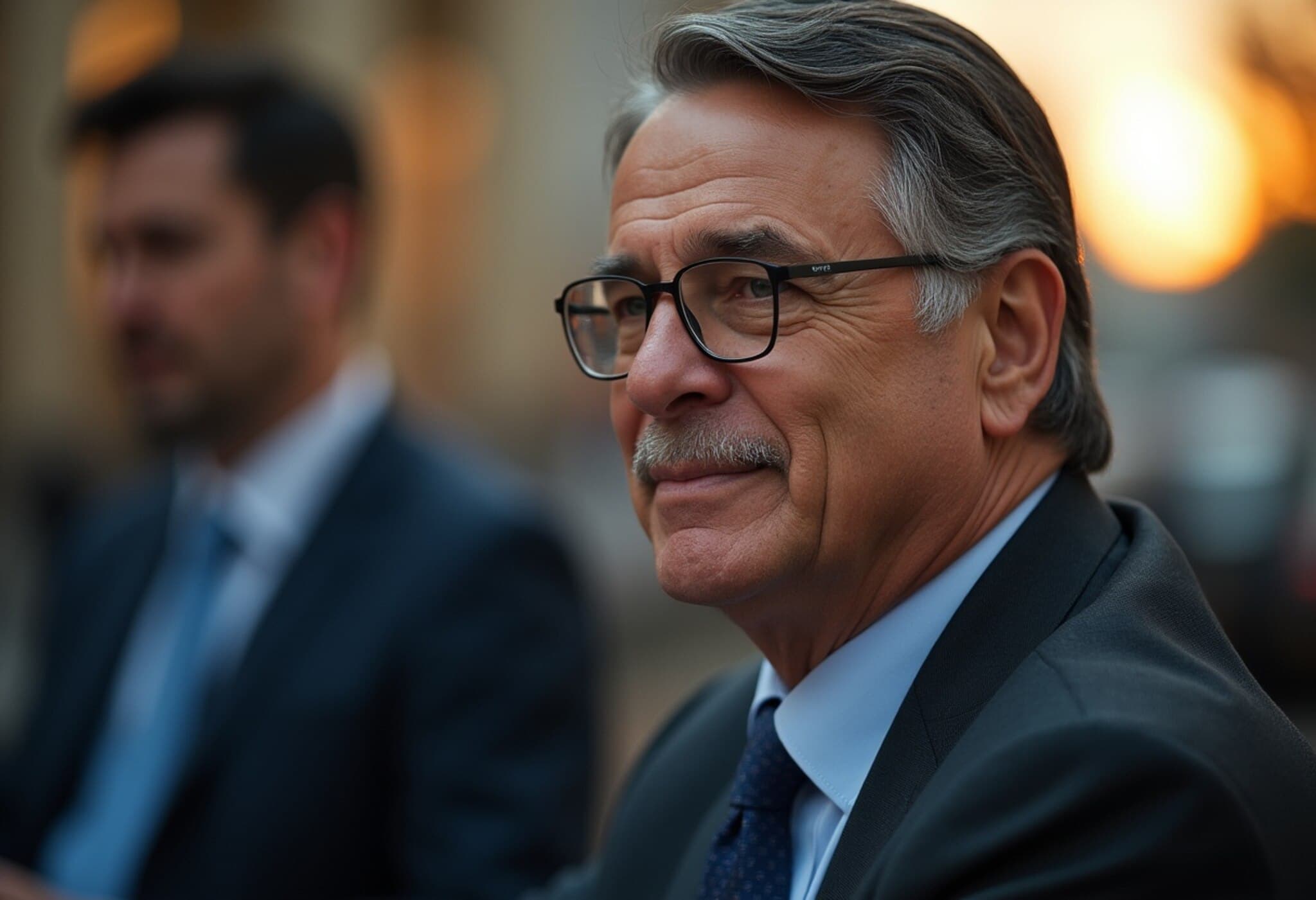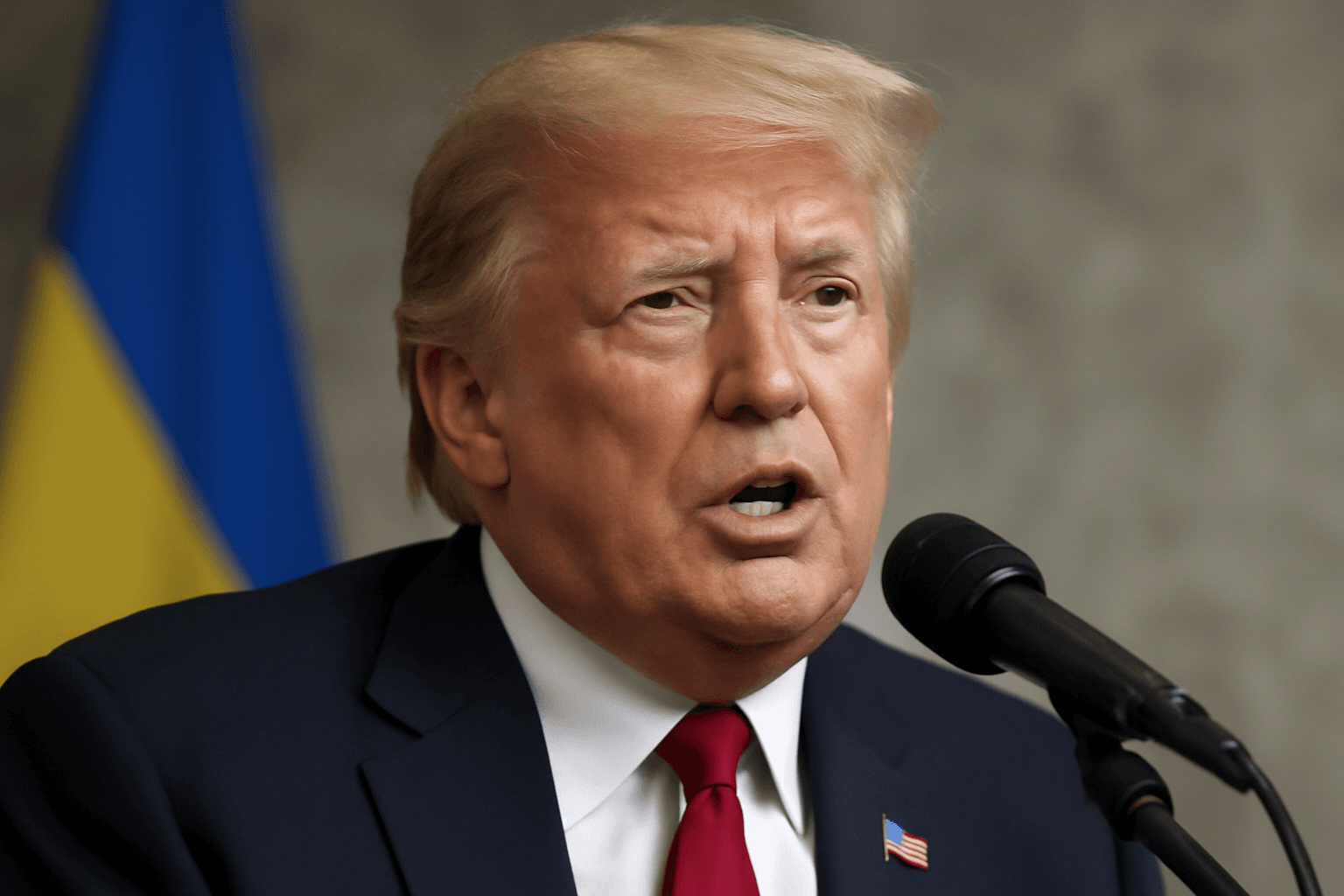Understanding Trump’s 50% Tariffs on Brazil: Economic and Political Dimensions
In July 2025, the United States, under President Donald Trump’s administration, slapped a 50% tariff on a broad range of Brazilian imports. This move stands as one of the president’s steepest tariff impositions this year and signals a shift in the global trade architecture he aims to reshape, particularly to what he views as unfair trade practices. But beyond economics, these tariffs carry a significant political subtext tied to recent developments in Brazil’s domestic politics.
Political Undercurrents Driving Tariffs
While trade wars typically stem from economic disputes, the tariffs on Brazil appear to intermingle deeply with politics. Brazil, Latin America’s largest economy, has been grappling with charges against former President Jair Bolsonaro — a close ally of Trump — who stands accused of attempting a coup after losing the presidential election. Trump has publicly dismissed these charges as a “witch hunt.”
Moreover, Trump’s ire extends towards a Brazilian Supreme Court justice whom he accuses of silencing conservative voices on social media. Consequently, these tariffs are equally a manifestation of diplomatic frustration and ideological battles, beyond mere trade policy.
Economic Impact: More Nuanced Than Headline Numbers Suggest
Despite the headline-grabbing 50% tariff, the economic picture is complex. Brazil and the U.S. engage heavily in trading energy, iron and steel, machinery, and aircraft. Notably, many Brazilian goods entering the U.S. are semi-finished inputs essential for American industries.
Interestingly, hundreds of Brazilian products, including key staples like fresh orange juice and commercial aircraft, were exempted from these new tariffs. This decision blunted the blow and reflects a nuanced approach to avoid excessive harm to bilateral trade relations.
“It wasn’t as severe as initially feared — providing a bit of relief,” said Paulo Feldmann, an economics professor at the University of São Paulo.
Brazil’s Retaliation Poised for Restraint
Brazil’s President Luiz Inácio Lula da Silva has signaled a firm stance against foreign interference in Brazil’s internal matters, but stops short of immediate retaliation. Rather, Lula has emphasized diplomatic solutions and continued openness to dialogue, reflecting Brazil’s desire to balance sovereignty with pragmatic trade considerations.
Brazil’s Economy: Resilience and Diversification Mitigate Shock
Unlike its North American neighbors, Mexico and Canada, whose economies are deeply intertwined with the U.S. market, Brazil’s trade exposure to the U.S. stands at roughly 12%, compared to 28% with China. The U.S. actually enjoys a trade surplus with Brazil, exporting more than it imports, which further complicates the tariffs’ rationale.
Brazil’s economic engine leans heavily on domestic consumption, resource exports like oil and soybeans, and diversified global partnerships including the BRICS group. This flexibility positions Brazil to absorb or bypass possible economic shocks better than other nations targeted by Trump tariffs.
“If the U.S. refuses to buy our goods, other buyers will be found,” President Lula said in an interview with The New York Times, underscoring Brazil’s confidence to pivot in the global market.
Key Sectors Facing Pressure: Coffee and Beef
- Coffee: Brazil is the world’s largest coffee producer and a dominant U.S. supplier, accounting for 30% of American coffee imports. With challenges like drought and climate change constricting coffee harvests worldwide, Brazilian coffee has remained comparatively plentiful and competitively priced — hard to replace in U.S. markets.
- Beef: The U.S. is Brazil’s second-largest export destination for beef, a high-margin and rapidly growing market. Tariffs risk rerouting this beef to domestic or other international markets, which are less able to absorb the surplus. This could depress prices and profit margins for Brazilian ranchers and processors, while possibly driving up U.S. beef prices due to supply chain adjustments.
Roberto Peroso, president of the Brazilian Association of Meat Exporting Industries, voiced concern about the lack of alternative markets able to absorb excess beef exports amidst these tariffs.
Previously, Brazil benefited from escalating tariffs on other major exporters like China and Vietnam, strengthening its foothold in the American market. The current tariffs risk reversing these recent gains.
Broader Implications and Underreported Perspectives
While headlines focus on immediate tariff impacts, less discussed are the long-term consequences for U.S.-Brazil diplomatic ties and Latin American regional dynamics. Additionally, the political motivations behind the tariffs raise crucial questions about the intersection of trade policy and foreign interference.
Moreover, American consumers may soon feel the pinch through higher coffee and beef prices. Such domestic impacts often go unnoticed amid trade policy debates but have tangible effects on household budgets and inflation.
Expert Takeaway:
Trade expert Maria Gonzalez notes, “Trade policies increasingly serve as instruments of geopolitical signaling. While this can pressure governments domestically, it risks unintended consequences for consumers and industries on both sides of the border.”
Editor’s Note: Navigating the Complex Terrain of Trade and Politics
This episode underscores how tariffs, traditionally economic tools, have evolved into multifaceted instruments reflecting political grievances and ideological conflicts. Brazil’s economic resilience, diverse trade partnerships, and political posture suggest it will weather the storm, but not without repercussions for certain sectors and consumers.
Readers should consider: How will the intertwining of domestic legal battles within Brazil and international trade policies influence future U.S.-Latin America relations? What safeguards exist to protect consumers from collateral damage amidst such geopolitical tit-for-tat? As trade policy becomes a tool for political leverage, these questions grow ever more urgent.


